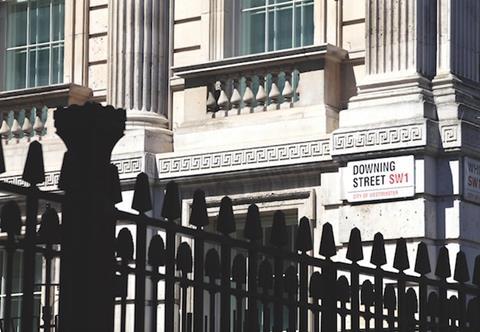
Chancellor Philip Hammond delivered his first, and with the scheduled changes to the fiscal event timetable, also his last, Autumn Statement on Wednesday 23 November 2016. Below is a summary of the key announcements impacting employers’ pay and benefits strategies:
- The range of benefits that attract tax and employer national insurance (NI) advantages when offered via a salary sacrifice arrangement will be limited from April 2017. Pensions and pensions advice, childcare, bikes-for-work schemes and ultra-low emission vehicles (ULEVs) will be exempt from these changes. Arrangements in place before April 2017 will be protected until April 2018, while arrangements for cars, accommodation, and school fees will be protected until 2021.
- The government will investigate how benefits in kind (BIK) are valued for tax purposes, with a call for evidence to be published at the 2017 Budget. The government will also consult on employer-provided living accommodation.
- From April 2017, the national living wage will increase from £7.20 an hour for employees aged 25 or over to £7.50 an hour, representing an increase of 4.2%.
- The tax advantages awarded under employer shareholder status (ESS) will be abolished in December 2016. The status itself will also be closed to new arrangements at the next legislative opportunity.
- The government will legislate for new bands and rates for company car tax for the lowest-emitting cars in the Finance Bill 2017, scheduled to come into effect for 2020-21. In addition, the tax rates for cars emitting more than 90g of carbon dioxide per kilometre will rise by one percentage point.
- From June 2017, the standard rate of insurance premium tax (IPT) will increase from 10% to 12%.
- Fuel duty will continue to be frozen at 57.97p a litre from April 2017. Fuel duty has now been frozen for seven consecutive years.
- The government has committed to taking measures to tackle pensions scams, including a ban on cold calling. A consultation on these measures opened on 5 December 2016 and will run until 13 February 2017.
- The new National Productivity Investment Fund (NPIF) will invest £390 million in ultra-low emission vehicles (ULEV), renewable fuels and connected and autonomous vehicles by 2020-21. This includes £80 million for ULEV charging infrastructure.
- Employer and employee national insurance contribution (NIC) thresholds will be aligned from April 2017, so both employers and employees will pay NICs on weekly earnings above £157.
- From April 2017, the money purchase annual allowance will be reduced from £10,000 to £4,000. A government consultation on this amendment will run until 15 February 2017.
- Tax-free personal allowances will increase to £11,500 in April 2017 and to £12,500 by 2020 when the current Parliament’s term ends. The higher-rate threshold will increase to £45,000 in 2017 and to £50,000 by 2020. Beyond 2020, the tax-free personal allowance will rise in line with the Consumer Prices Index rather than the national minimum wage.











